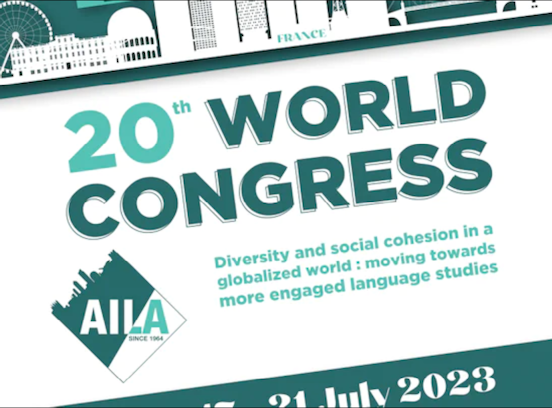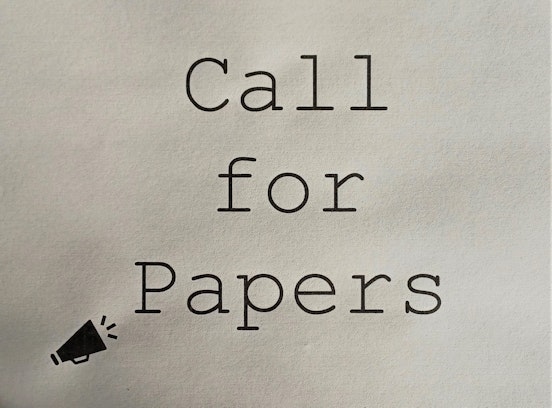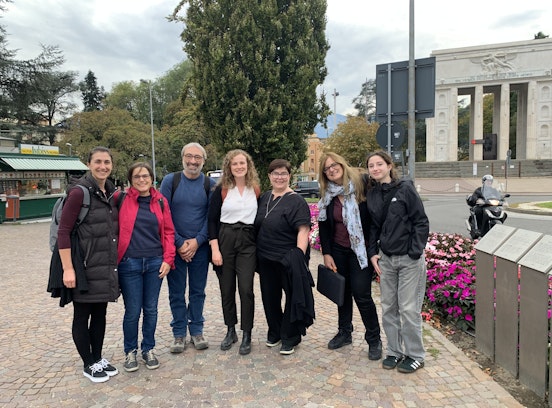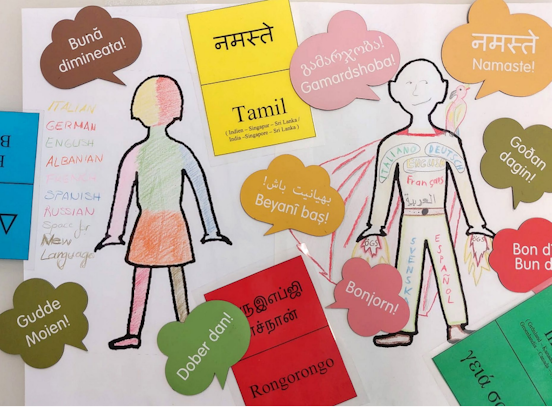Institute for Applied Linguistics - News & Events - Webinar on individual repertoires and learning skills in primary school
Webinar on individual repertoires and learning skills in primary school
- English
- Date: 30.05.2023, h 11-12
- Place: online
- Typology: Webinar
- Info:
Registration is possible by 29 May 2023 at this page
As part of the webinar series Diversity Matters, the Research Group Migrations and Diversities of Eurac Research is hosting the event “Networking individual repertoires and learning skills in the plurilingual primary school. A conversation with Emanuela Atz, Cecilia Varcasia and Marta Guarda”.
The webinar will take place on Teams on 30 May 2023 (11-12 am CET). Registration is possible by 29 May 2023 at this page.
Abstract
This contribution presents some results of a three-year project that is taking place in primary school on the enhancement of language skills and language reflection. The project is inspired by the Éveil aux langues approach of CARAP (Candelier, et al. 2012) and the studies and experiments of Andorno and Sordella (Andorno & Sordella 2018, 2020, Andorno 2020). The data presented here were collected in the school year 2021-22 in two second and one third primary school classes in the province of Bolzano, characterized by a high incidence of migration. Through the red thread of storytelling, the activities involved the languages of schooling, Italian and German, but also family languages such as Arabic, Hindi, Punjabi, and languages not spoken by any of the children, such as Romanian, Albanian, Dutch and Ladin. The story was divided into eight sequences and the key words of the narrative were identified on a lexical level. The frequent and repeated manipulation of known and unfamiliar words in several languages were related to the morphology of the noun: gender and number/plural. The manipulation activities in pairs and groups served to increase the learners' metalinguistic competence (Andorno, Sordella 2018, Jessner & Allgäuer-Hackl 2022) and to enrich the related vocabulary. Moreover, the gradualness in a non-rigid multilingual sequencing allowed the learners to connect knowledge and elements (also acquired in informal contexts) into an increasingly broader and coherent network. We will examine and discuss some pupils’ metalinguistic and metacognitive comments that show how this approach was fostering learners and contributed to enhancing the importance of all the languages spoken in class.
Find out more about the Diversity Matters webinar series here!









